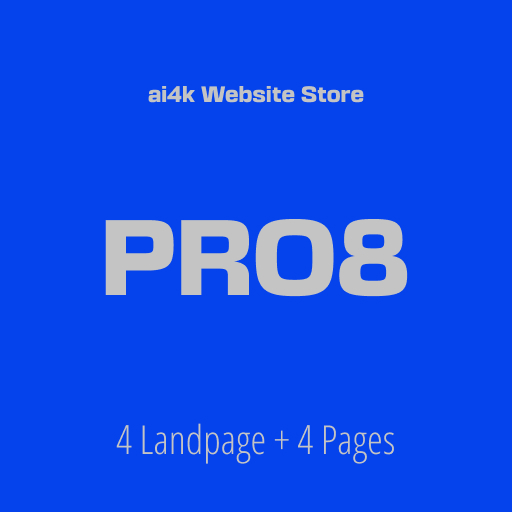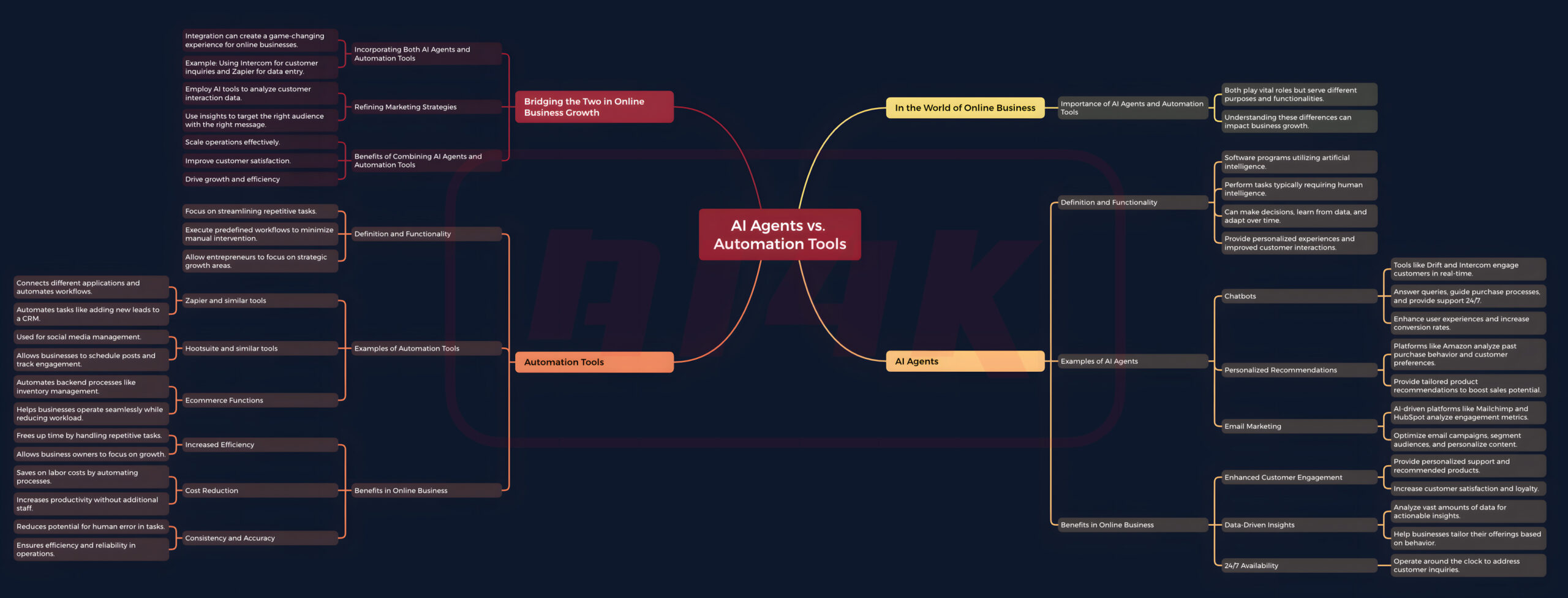Introduction
Artificial Intelligence is transforming the way businesses operate, but there is often confusion between AI agents and traditional automations. While both technologies improve efficiency, they serve different purposes. Automations follow predefined workflows to handle repetitive tasks, whereas AI agents operate with autonomy and adaptability, making decisions in dynamic environments. This article explores the key differences between AI agents and automations, their real-world applications, and the latest tools available for implementing them in online businesses.
Understanding AI Agents vs. Automations
When integrating AI into business processes, it is essential to understand the distinction between AI agents and traditional automations. Both have significant applications but serve different functions.
Automations are pre-defined sequences of steps designed to execute repetitive tasks with known inputs and outputs. These are highly effective when processes follow a structured workflow. For example, setting up an automated system to convert YouTube videos into social media posts or scheduling automatic email responses falls into this category.
“When you are constructing an automation for your business or life, you have to give it a predefined set of steps. You have an input, a series of processes, and then an output.”
AI Agents, on the other hand, operate with autonomy and adaptability. They are given instructions but determine their own processes to achieve a goal. Unlike automations, AI agents handle dynamic environments and unexpected situations, much like a self-driving car that must navigate real-world unpredictability.
“An AI agent can respond more autonomously than a pure automation. Automation is designed upfront, whereas an AI agent follows instructions and works out the rest itself.”
Common Misconceptions
Many people mistakenly refer to simple automation tools like Zapier and Make.com as AI agents. While these platforms enable workflow automation, they lack the decision-making and adaptability of AI agents.





